#7 KIND2
KIND2 produce multi-award winning, high-performing solid shampoo and conditioner bars for humans and now dogs. Formulated with premium plant-based ingredients for shiny, healthy hair.
Great hair with zero plastic.

KIND2 produce multi-award winning, high-performing solid shampoo and conditioner bars for humans and now dogs. Formulated with premium plant-based ingredients for shiny, healthy hair.
Great hair with zero plastic.

My venture into sustainability started when I returned to a beach in Cambodia I hadn't visited in 20 years. What were once beautiful coastal resorts, were now overun with plastic bottles from the ocean. The difference was stark. Following a beach clean whereby 5 hours and 90 bin bags of plastic bottles later, the beached looked no different at all, I quickly realised the enormity of the problem and the urgency required to take action.
The stark contrast between urban areas and the countryside, plagued by plastic pollution, compelled me to rethink consumption patterns. Disillusioned with corporate life, I founded my business with a focus on sustainable products, prompted by a beach clean-up in Cambodia that highlighted the enormity of plastic waste. I thought why don't I just do something radically different?
I could see there could be better ways of making some of these products, particularly products you use every day. You wash your hair nearly every day and you think your plastic is being recycled, but the harsh reality is that it isn't. The shocking revelation that only 14% of the UK's 'recycled' plastic is truly recycled fuelled my commitment to drive change and promote mindful consumption.
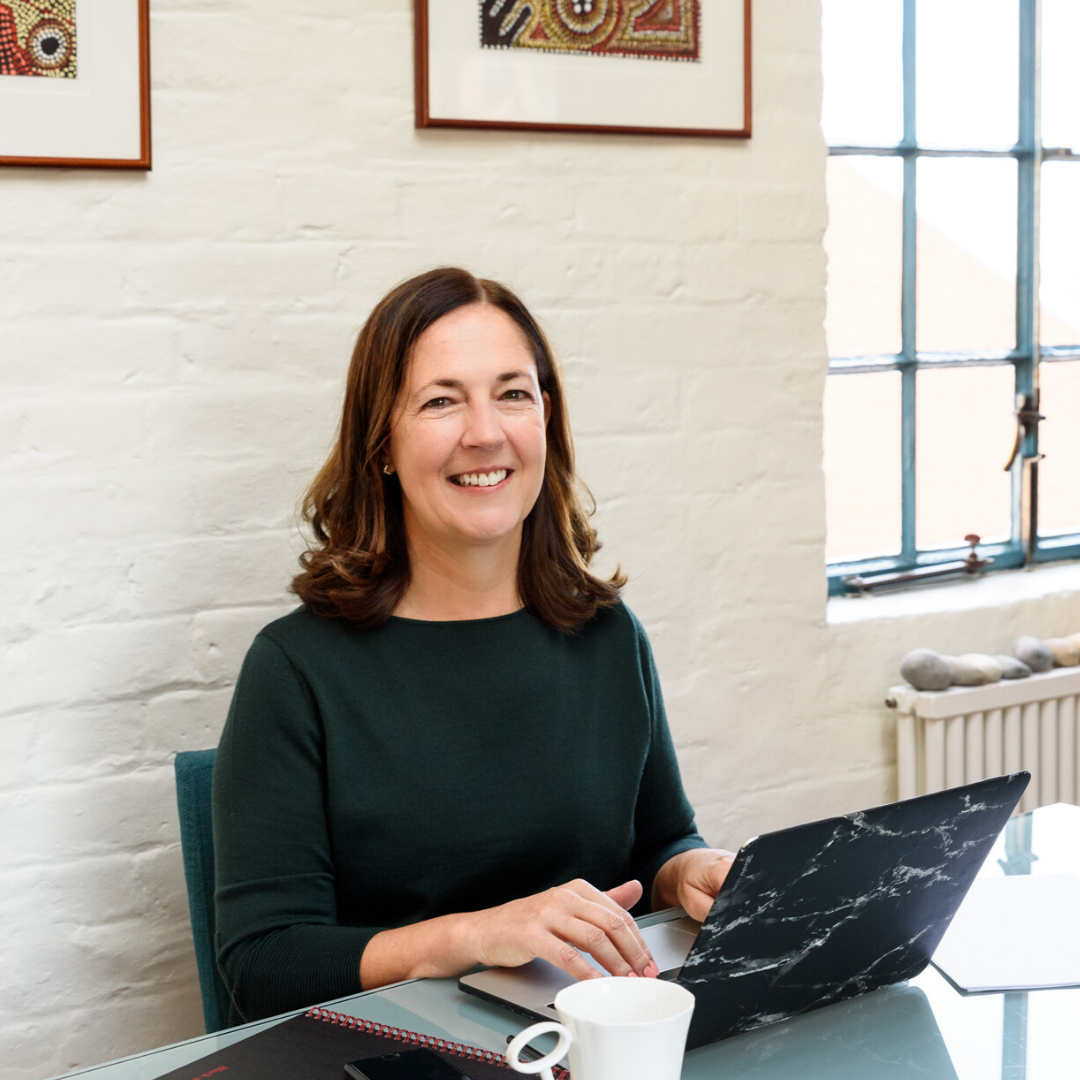
We developed compostable shampoo and conditioner with carbon-neutral packaging to minimise our product's environmental impact. We made decisions such as local manufacturing, natural fragrances and colours, and excluding palm oil to reduce our carbon footprint and align with our biodiversity and sustainability goals.
Starting from scratch allowed us to make holistic decisions that reflect our regenerative approach, unburdened by legacy practices. Our approach has influenced our business, promoting environmental responsibility and aligning with a sustainable future.
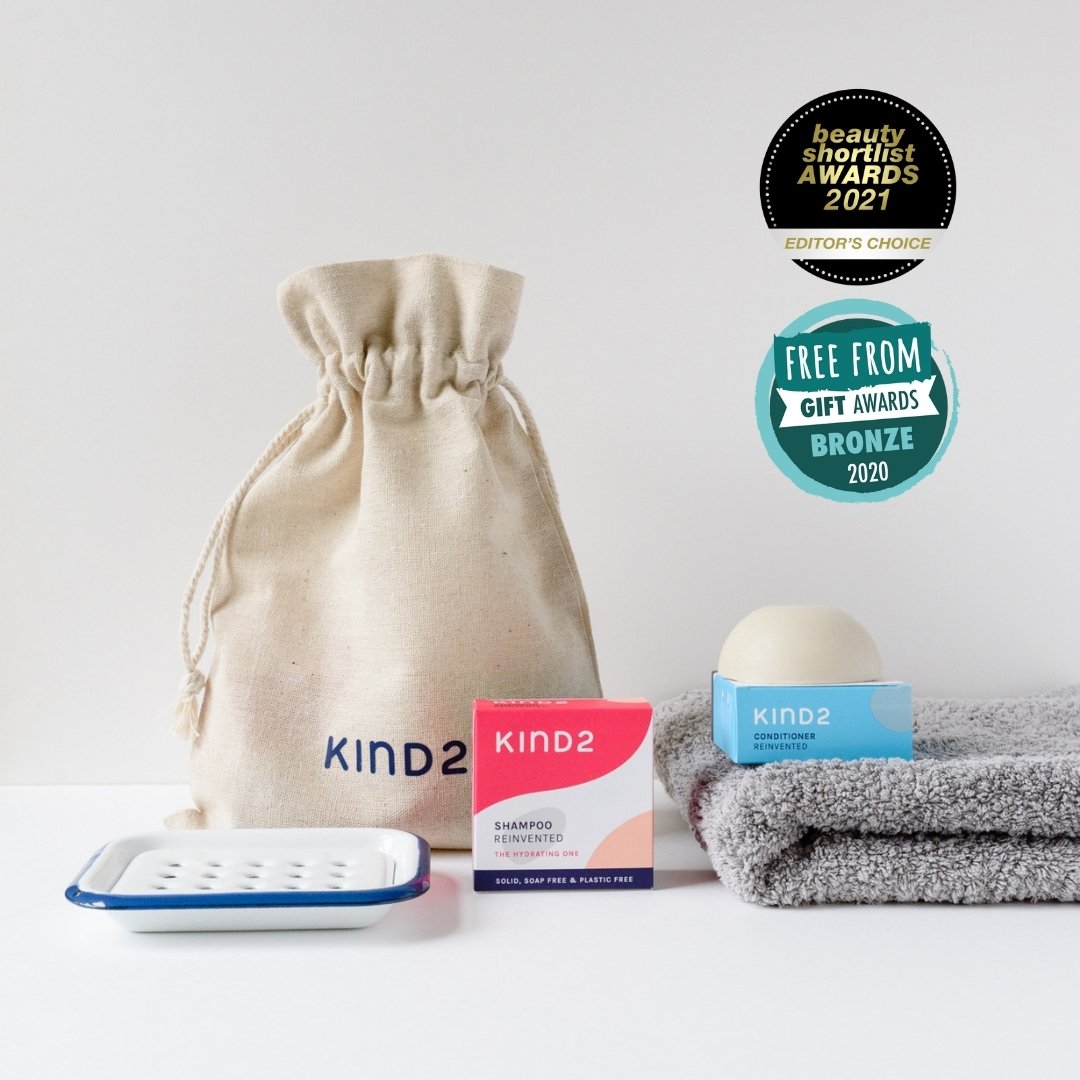
Our journey encountered significant hurdles that demanded innovative solutions. Initially, finding a UK manufacturer proved challenging for reasons widely understood. Developing a competitively priced product without resorting to palm oil posed further complexities. Despite these challenges, we devised successful alternatives.
Overcoming consumer resistance to a new product format required a dual approach of education and strategic marketing. Shifting deep-rooted habits ingrained for decades was formidable and educating consumers continues to be a bit part of our narrative. Yet, our commitment to sustainability enabled us to navigate these challenges and chart a successful business trajectory.
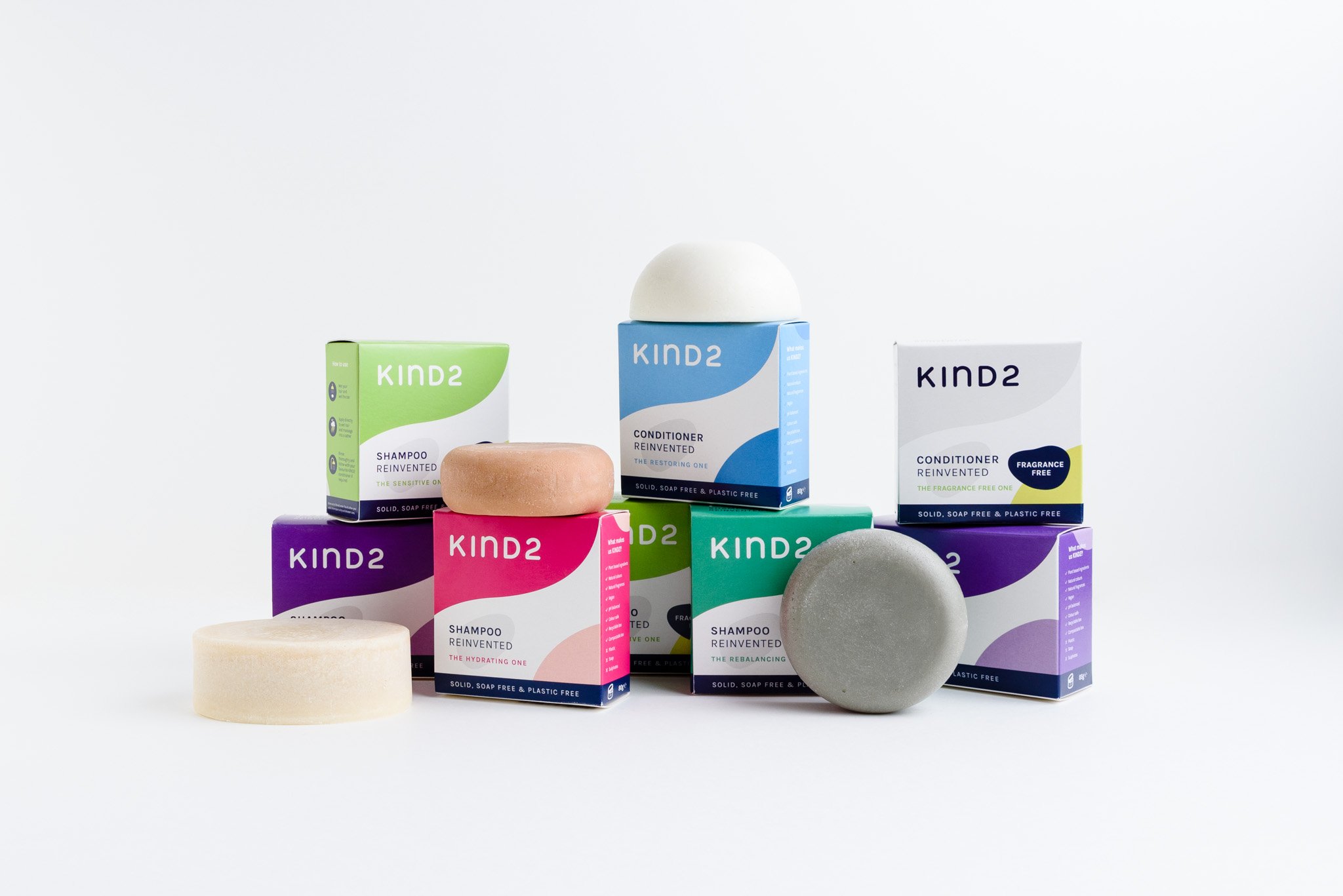
In the near future, FMCG companies will grapple with a critical challenge: balancing price and accessibility. The prevailing belief, though not always accurate, is that sustainable products come at a higher cost due to the smaller scale of sustainable manufacturing systems. Convincing consumers, particularly when they're financially strained, poses a significant hurdle. Contrary to this perception, many sustainable products prove cost-effective in the long run due to their extended lifespan.
Yet, managing this challenge presents financial intricacies. While our gross margin is healthy, the net margin faces pressure from marketing and acquisition expenses. Striking an optimal price that maintains customer interest and business profitability demands careful consideration. Our pricing strategy accounts for cost per use and comparison to equivalent products, despite the absence of direct alternatives during our launch.
We've maintained consistent prices since 2019 to balance affordability and sustainable operations.

First, grasp your numbers well – understand costs, margins, and profitability. This insight safeguards against unexpected disruptions and ensures a sustainable financial foundation. While Gen Z may be the generation to be associated with sustainability, don't assume it only appeals to one group. Also, always research and engage to uncover your core customers.
Regular interaction and feedback collection refine your message. Ensure to seek opinions beyond your circle. Gathering input from various sources provides a balanced view, guiding product enhancements, those don’t know you will give you some very interesting and valuable feedback.
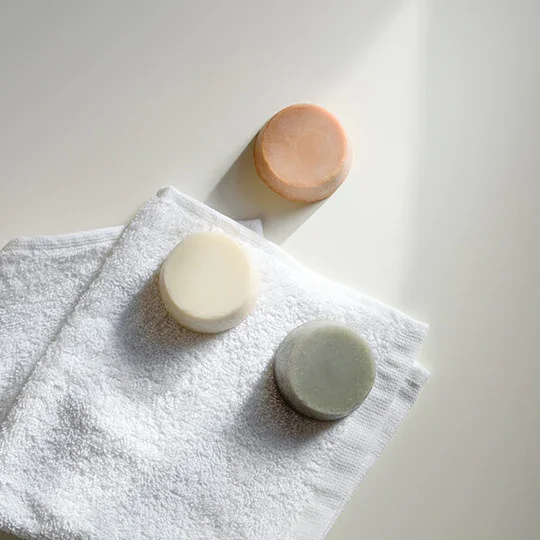
Absolutely, there are two standout sustainable brands that come to mind, both focusing on everyday essentials. One is Socko socks, crafting lovely socks from recycled yarn in the UK. Their commitment to quality and longevity truly stands out.
Another is Y.O.U Underwear. Sarah, the founder, has meticulously established a transparent supply chain, a crucial aspect often overlooked for basic clothing items.
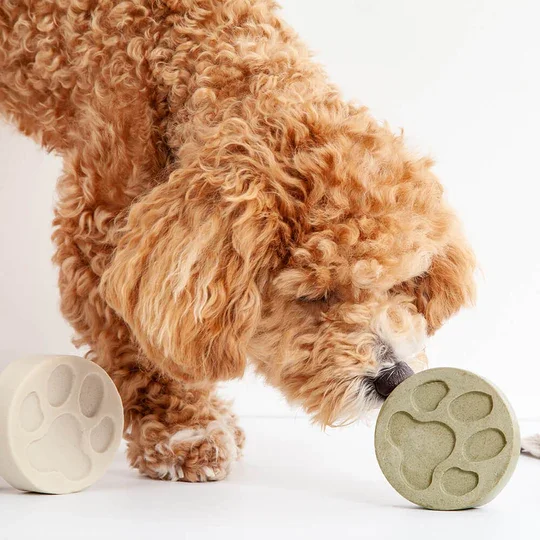

You have successfully subscribed to:
An Introduction to Climate by EcoHedge.
Check your inbox for your first video!
.png)
Our excellent customer support team is ready to help.

One of our team will be in touch soon 🙌.
Book your demo using the link below.

We've received your enquiry and one of our team will be in touch soon 😁
sales@ecohedge.com

Our excellent customer support team is ready to help.

Our carbon experts will be in touch to discuss your requirements.
Fill out the below form and our partnership team will be in touch.
Our excellent customer support team is ready to help.

Our excellent customer support team is ready to help.

We'll be in touch to arrange an initial call.
Fill in the form below to acccess your free guide.
 Your payment was processed successfully. Congratulations!
Your payment was processed successfully. Congratulations! You have cancelled the payment process.
You have cancelled the payment process. This popup does not exist. I'm sorry.
This popup does not exist. I'm sorry.